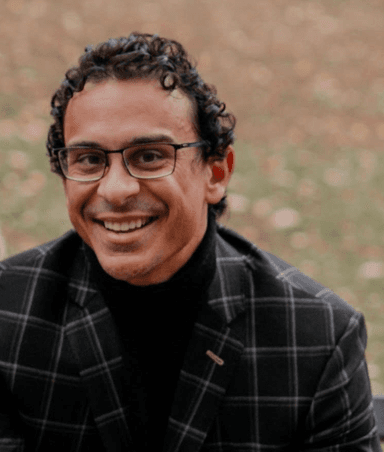

Michael Hill · Dan Ambrose
$5 Million Dollar Verdict For A Terminally Ill Nursing Home Resident On A $15,000 Offer
![]() January 4, 2024 ||TLU n Demand
January 4, 2024 ||TLU n Demand
$5,000,000 dollar verdict for the death of a terminally ill 84-year-old nursing home resident who died from an untreated infection. This was 2x the record verdict for any kind of case in this rural Ohio county. The last offer before trial was $15,000.
This case involved the following issues:
(1) Keeping the focus on the wrongdoing. The resident had been on a continuous decline, including weight loss and bedsores, for more than 2 months before entering the defendants’ facility after suffering a serious, traumatic injury at home requiring major surgery. The defense focused on the fact that his decline was because of this injury, that he was hospice eligible, and that he would have died within weeks or months no matter happened.
(2) Editing to the essentials. Editing down to essential elements was critical in this case. Over the 2 months that the resident was at the defendant nursing home, there were numerous potential areas of neglect that our experts wanted to criticize. Reducing the case to the minimum of what we needed to prove for the jury to find in our favor was key.
(3) Turning the lack of documentation on its head. A critical part of the case was whether the resident had signs of an infection of the colon called clostridium difficile (c. diff), which is universally severe diarrhea. The defense argued that there was no documentation of diarrhea. So, there were no signs of infection for the staff to notice. We were able to demonstrate that this lack of record keeping was a violation of the standard of care and demonstrated a pattern of indifference to patient care, rather than evidence of no infection.
(4) Finding the common denominator. The case involved complex medical terms involving infectious diseases concepts, various testing procedures and potential false positives, timing of onset of signs and symptoms of disease, and various other medical issues that could have easily overshadowed the case. Simplifying the case to a single nonmedical rule the jury could apply was important.
(5) Believing in your clients. On their face, the nursing home records did not support the case. The factual basis for the lack of care was provided by friends, family members, and other nonmedically trained witnesses.
(6) Discovery Violations. The case was fraught with discovery violations by the defense forcing the filing of numerous motions to compel and for sanctions, including resulting in a corporate director having to travel from out of state to show cause why he should not be held in contempt.
(7) Adapting to sudden changes. The day before trial the judge excluded former employee witnesses who would testify to poor staffing as well as the 2 experts on corporate control and staffing.
(8) Keeping the case moving. We moved quickly, conducting jury selection, opening statements, and 20 plaintiff’s witnesses in under 3 days.
If you can't attend Live, Watch On Demand